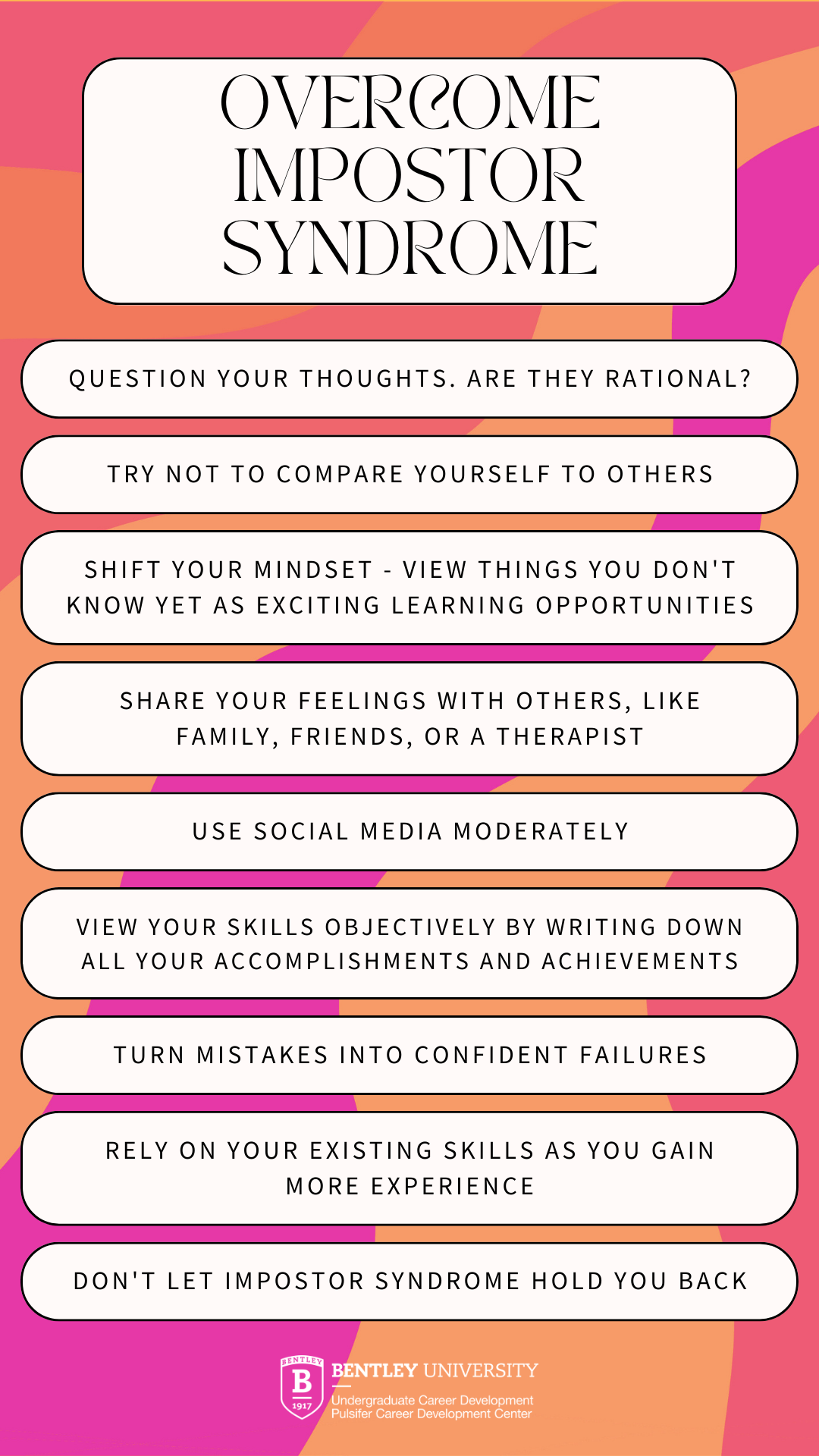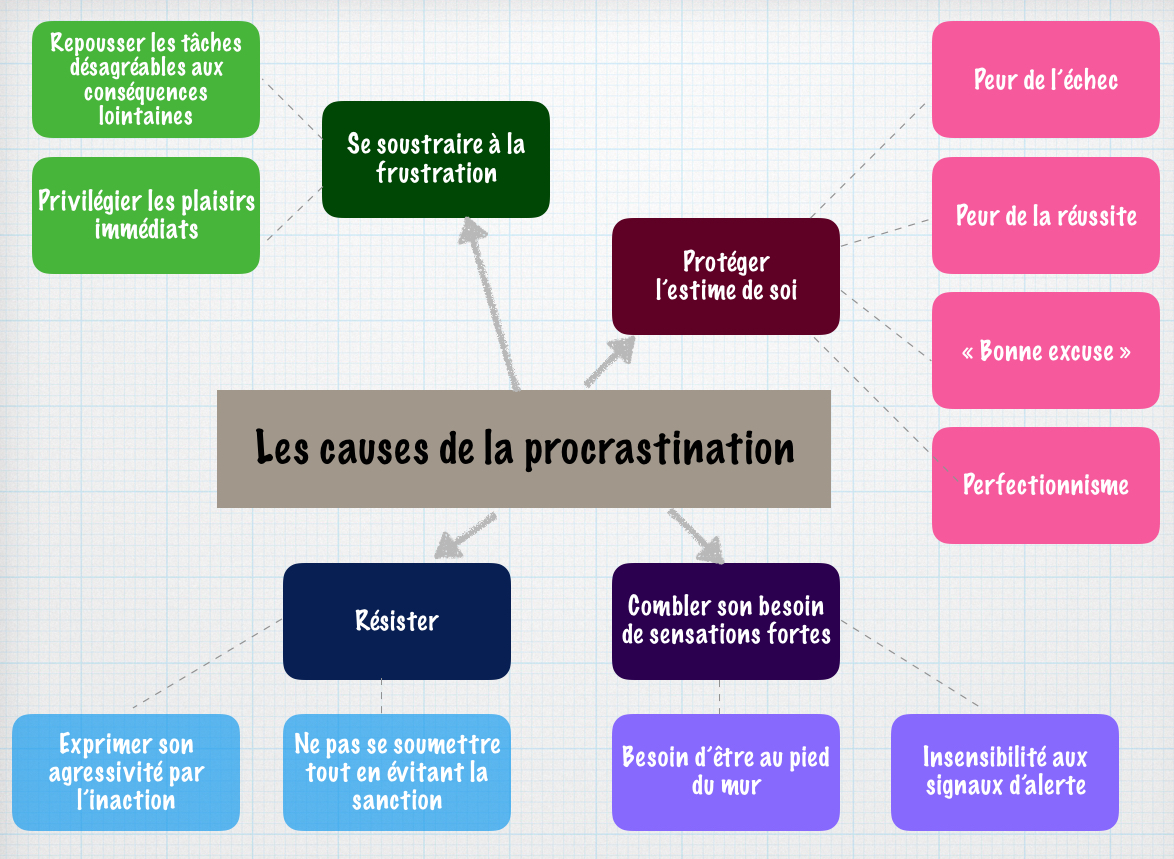The Science Behind Procrastination, Emotional Dependency, and Impostor Syndrome
The Science Behind Procrastination, Emotional Dependency, and Impostor Syndrome
Blog Article
In today's fast-paced world, people often face internal obstacles that affect their daily lives. Among these, procrastination, emotional dependency, and impostor syndrome stand out as common issues. What can you do to break free from these patterns?
This article, we will explore the root causes and strategies to address these three challenges. By understanding their impact and learning how to tackle them, you can build a healthier mindset and achieve your goals.
Understanding Procrastination and Its Impact
Procrastination is the act of delaying tasks despite knowing their importance. This behavior is frequently linked to emotional or psychological factors, such as anxiety or self-doubt.

The effects of procrastination, it simdrome do impostor can lead to sindrome impostor stress, missed opportunities, and reduced productivity. Overcoming procrastination requires practicing self-discipline and creating actionable plans. Consider techniques like the Pomodoro Technique or focusing on time-bound goals to stay on track.
The Nature of Emotional Dependency
Emotional dependency is a state where a person depends excessively on external relationships to fulfill their emotional needs. Although relationships are fundamental, emotional dependency turns detrimental when it leads to a lack of independence.

Common signs of emotional dependency include a fear of rejection, difficulty making decisions independently, and constant seeking of external approval. To overcome emotional dependency, it’s crucial to build self-confidence and cultivate self-reliance. Engaging in personal development activities and professional guidance can be helpful tools.
Recognizing and Managing Impostor Syndrome
Impostor syndrome is the persistent belief where someone feels like a fraud despite evident success. People with impostor syndrome often attribute their achievements to luck rather than recognizing their talent and hard work.

Impostor syndrome often results in anxiety, self-doubt, and hesitation to pursue new opportunities. Addressing this issue involves reframing negative thoughts and celebrating accomplishments. Seeking feedback from trusted peers and embracing self-compassion can support personal growth.
Steps to Overcome Procrastination, Emotional Dependency, and Impostor Syndrome
To navigate these issues, consider the following strategies:
- Develop structured daily plans and break larger tasks into smaller milestones.
- Build self-awareness to identify patterns of emotional dependency and work towards independence.
- Practice gratitude to counter impostor syndrome and seek professional guidance if needed.
Long-term improvement requires persistence, so keep practicing these methods to see positive changes.
Moving Forward from Mental Barriers
These challenges can feel overwhelming, but they are manageable with the right strategies. By understanding their roots and applying effective techniques, you pave the way for a healthier, more fulfilling life.
Take the first step by acknowledging where you stand and implementing small but meaningful changes. Remember: progress is a journey, not a destination.
Report this page